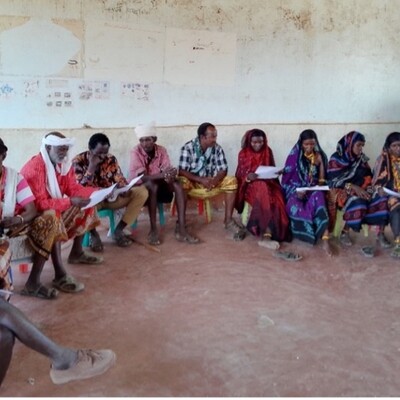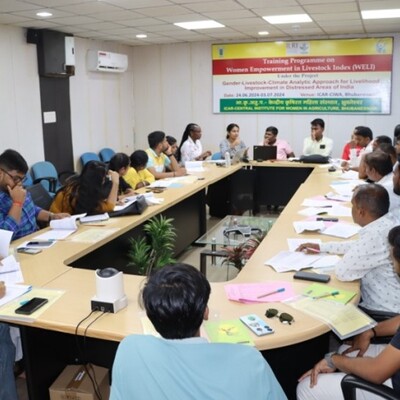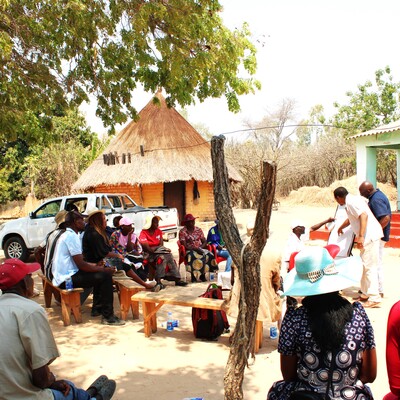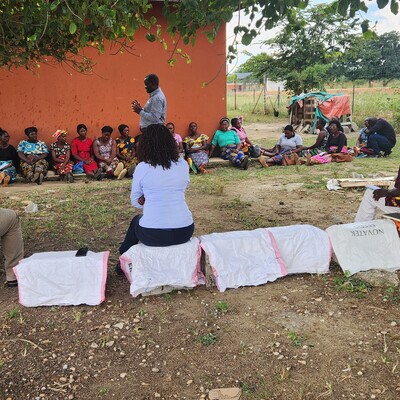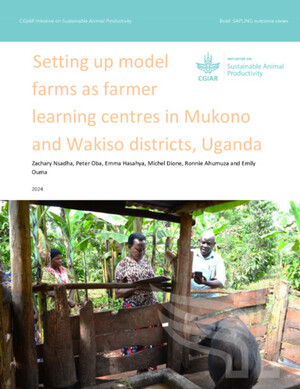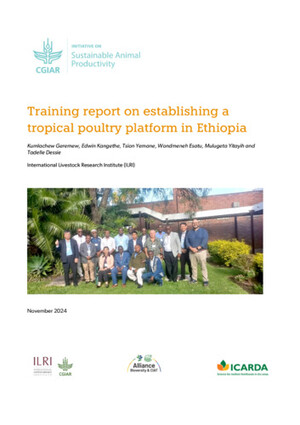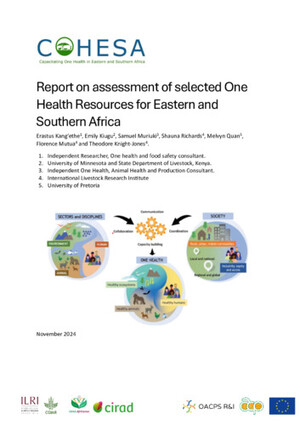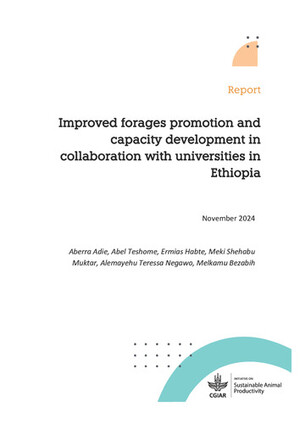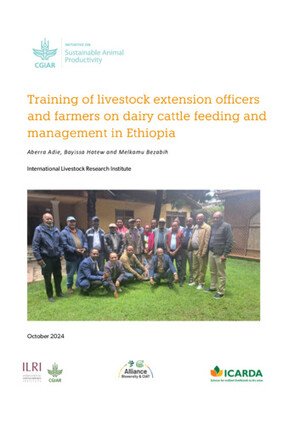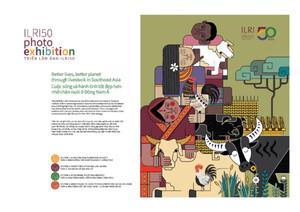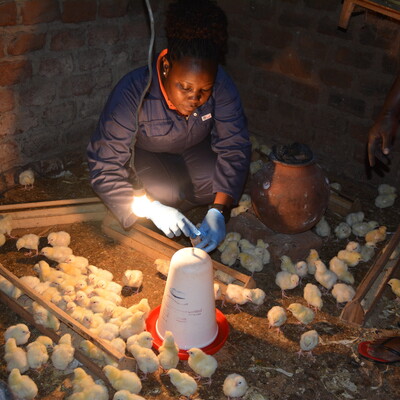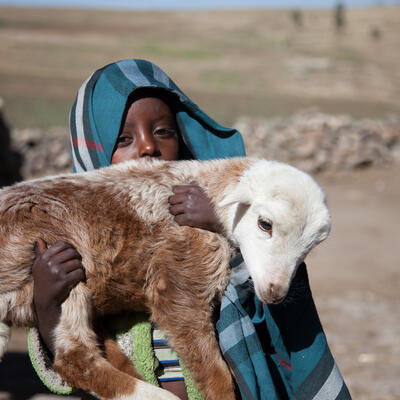
Entry points for improving gender practice in Tanzania poultry project
A team from the Royal Tropical Institute (KIT) in the Netherlands visited all three African Chicken Genetic Gains (ACGG) program countries to collect information for a tailored ‘gender strategy’ for each of the countries. The Tanzania country visit was carried out by Julie Newton and Katrine Danielsen on 11-17 February 2017.
The gender strategy that was developed following the visit will focus on:
- Guiding ACGG on how to integrate gender in a meaningful, effective and feasible manner. It will be based on careful priority-setting of activities and level of efforts, balancing ambition with realism and with a view to achieve ‘deeper’ impact in priority areas as opposed to more but ‘shallow’ results across the board.
- Providing the basis for a common understanding in ACGG of what gender integration means in the context of the program and what is expected from the different team members.
- Clarifying what change is expected to occur and the mechanisms through which it will happen with a focus on links between activities.
- Having a strong focus on learning/reflection and knowledge creation/documentation.
During their visit to Tanzania, the two KIT officers explained to the ACGG Tanzania team the intention of developing the gender strategies, discussed opportunities and challenges of integrating gender in ACGG and identified possible action areas. They also assessed gender dimensions in the project’s theory of change, and stimulated learning and enthusiasm on gender integration in ACGG.
A report after the visit gave key recommendations or insights on gender in ACGG in Tanzania, including
- The need for a gender strategy process that improves gender practice (with KIT support) while building upon existing and ongoing project activities.
- A common conceptual framework is necessary to understand and operationalize gender concerns in ACGG. That conceptual framework will rest on four pillars: 1) gender division of labour, 2) access to and control over resources, 3) intra-household decision-making, and 4) gender norms (see inception report)
- The strategic entry points for gender throughout the project (such as on-farm testing and cooperation with the Improving nutrition Outcomes Through Optimized Agricultural Investments (ATONU) project, which should be used to leverage gender-responsive results.
- Making innovation platforms as gender-responsive as possible
- Instituting gender learning needs at program and country level and integrating these in monitoring and evaluation.
The report also highlighting the ‘next steps’ around each of these recommendations
Read the whole Tanzania gender summary report





